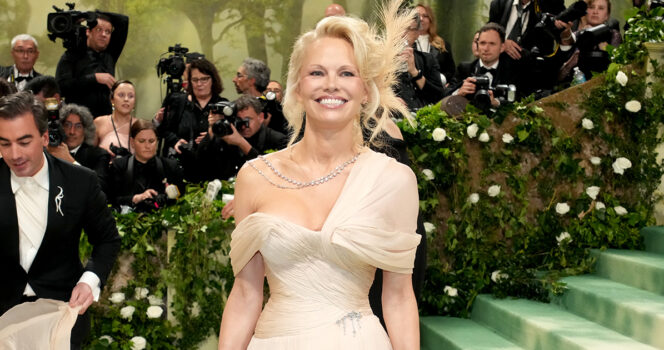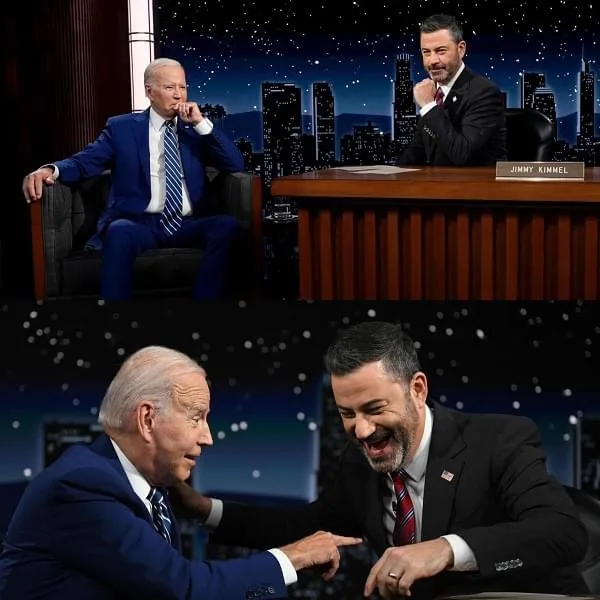The celebrated Hollywood actor Denzel Washington, who is renowned for his captivating roles and captivating attitude, has created a stir in the business community by making a decision that says volumes about his personal beliefs and the state of the culture today.
Target made a whopping $10 million offer, but Washington politely declined, saying, “I’m not saving your woke brand.” This audacious approach has spurred a multitude of discussions, illuminating the complex dance between corporate branding, socio-political awareness, and celebrity impact.
Denzel Washington has had an incredibly successful Hollywood career. With his stirring performances in movies like “Training Day,” “Malcolm X,” andand “Fences,” earning him multiple Academy Awards and a reputation as one of the finest actors of his generation. Beyond his on-screen achievements, Washington is known for his integrity, dedication, and a profound sense of personal ethics, both in his professional choices and public persona.
Washington’s decision to decline Target’s lucrative offer is rooted in these very principles that have guided his career. For an actor of his caliber and stature, any endorsement or collaboration is not merely a business transaction but a reflection of his personal beliefs and values.
The details of the offer from Target, a major player in the American retail landscape, have not been fully disclosed. However, it’s clear that the corporation was seeking more than just a celebrity endorsement; they were looking to leverage Washington’s credibility and appeal to enhance their brand. Target, like many contemporary corporations, has actively engaged in what is often labeled as ‘woke’ initiatives – efforts aimed at showing awareness and responsiveness to social, political, and environmental issues.
Washington’s outright rejection of the deal, accompanied by his statement, “I’m not saving your woke brand,” is a direct critique of what he perceives as superficial corporate activism. It suggests a disdain for practices that he may view as disingenuous or opportunistic, especially when coming from large corporations like Target. This move positions Washington not just as an actor of high repute, but also as a figure unafraid to voice his opinions on the complex interplay between commerce and socio-political stances.





